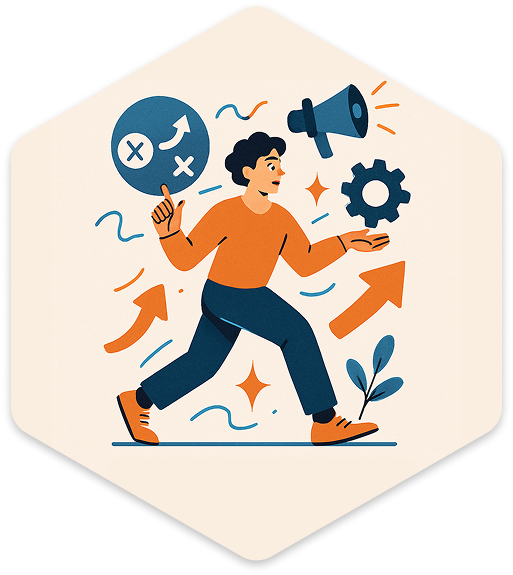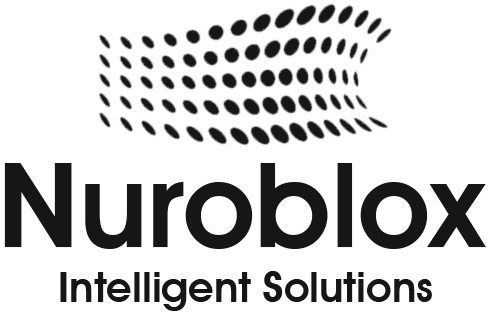Agentic activities
- Home
- Agentic activities

// ABOUT AGENTIC ACTIVITIES
Agentic Activities
Harness the power of intelligent, goal-driven agents that think, act, and adapt. Agentic Activities go beyond basic automation-enabling systems to independently make decisions, complete complex tasks, and continuously improve through feedback. Redefine how work gets done with truly autonomous operations.

What are Agentic Activities?
Agentic activities refer to the autonomous and intelligent behaviors performed by AI agents that can perceive their environment, make decisions, take actions, and adapt without needing constant human direction.
In this context, “agentic” comes from the idea of an “agent” an AI-powered system capable of:
- Understanding its goals
- Planning steps to achieve them
- Acting on those plans
- Learning from outcomes to improve over time
Unlike traditional automation, which follows predefined scripts or rules, agentic systems can dynamically respond to changes, solve problems, and even collaborate with other agents or humans to achieve complex tasks.
How It Works

Key Features of Agentic Activities
Autonomous Decision-Making
Empower agents to make smart, real-time decisions based on data, rules, and learned behavior without waiting for human input.
Continuous Learning & Adaptation
Agents improve their performance over time by learning from outcomes and feedback making your automation smarter with every use.
Human-in-the-Loop Controls
Maintain oversight and flexibility with human-in-the-loop options. Intervene, approve, or adjust agent actions at critical decision points.
Real-Time Monitoring
Stay informed with live dashboards that track agent activity, progress, and decision logic, offering complete visibility into operations.
API Integrations
Easily connect agents to your existing systems and third-party tools. Integrate with CRMs, databases, messaging platforms, and more via APIs.
Multi-Step Task Planning
Agents intelligently break down complex objectives into actionable steps, planning and executing workflows that adapt to changing conditions.
Multi-Step Task Planning
Agents intelligently break down complex objectives into actionable steps, planning and executing workflows that adapt to changing conditions.
Human-in-the-Loop Controls
Maintain oversight and flexibility with human-in-the-loop options. Intervene, approve, or adjust agent actions at critical decision points.
We’re Here to Assist You and Address
All Your Questions Anytime!
Real-World Use Cases
Customer Support
Sales Automation
IT Operations

Customer Service & Support

Intelligent Sales Engagement

Autonomous IT Issue Resolution
Frequently Asked Questions
- Customer service
- Finance and accounting
- IT operations
- E-commerce
- Healthcare
- Logistics and supply chain






